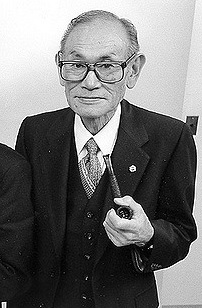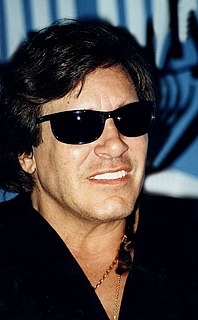A Quote by Jessica Alba
My whole life, when I was growing up, not one race has ever accepted me, ... So I never felt connected or attached to any race specifically. I had a very American upbringing, I feel American, and I don't speak Spanish. So, to say that I'm a Latin actress, OK, but it's not fitting; it would be insincere.
Related Quotes
It's the culture, not the blood. If you can go anywhere in the world and adopt these babies and put them into households that were already assimilated in America, those babies will grow up as American as any other baby with as much patriotism and love of country as any other baby. It's not about race. It's never been about race. In fact the struggles across this planet, we describe them as race, they're not race. They're culture based. It's a clash of culture, not the race. Sometimes that race is used as an identifier.
The Afro-American is not a bestial race. If this work can contribute in any way towards proving this, and at the same time arouse the conscience of the American people to a demand for justice to every citizen, and punishment by law for the lawless, I shall feel I have done my race a service. Other considerations are of minor importance.
The idea of legitimacy is something I suppose I deal with in my fiction, and in part it's probably a response to my upbringing. When I was growing up I was the middle child, pathologically shy, in a family with a very loud and opinionated older brother, and I felt as if I never had the right to speak. As a result, I simply didn't speak very much.
The idea of racial inferiority or superiority is foreign to me. I can't feel inferior or superior to another man because of race, or in any way antagonistic to him. I judge by the individual, not by his race, and have always done so. I would rather have one of my children marry into a good family of any race than into a bad family of any other race.
As long as my record stands in federal court, any American citizen can be held in prison or concentration camps without trial or hearing. I would like to see the government admit they were wrong and do something about it, so this will never happen again to any American citizen of any race, creed, or color.
I know Ritchie Valens in 1959 had 'La Bamba' but to be totally Spanish - because, you know, Ritchie didn't speak Spanish - but to be a total Latin artist like myself, to be out in a field where there weren't any categories for Latinos... I felt good that I was maybe - I didn't know it at the time - but I felt good that I opened the door.




































